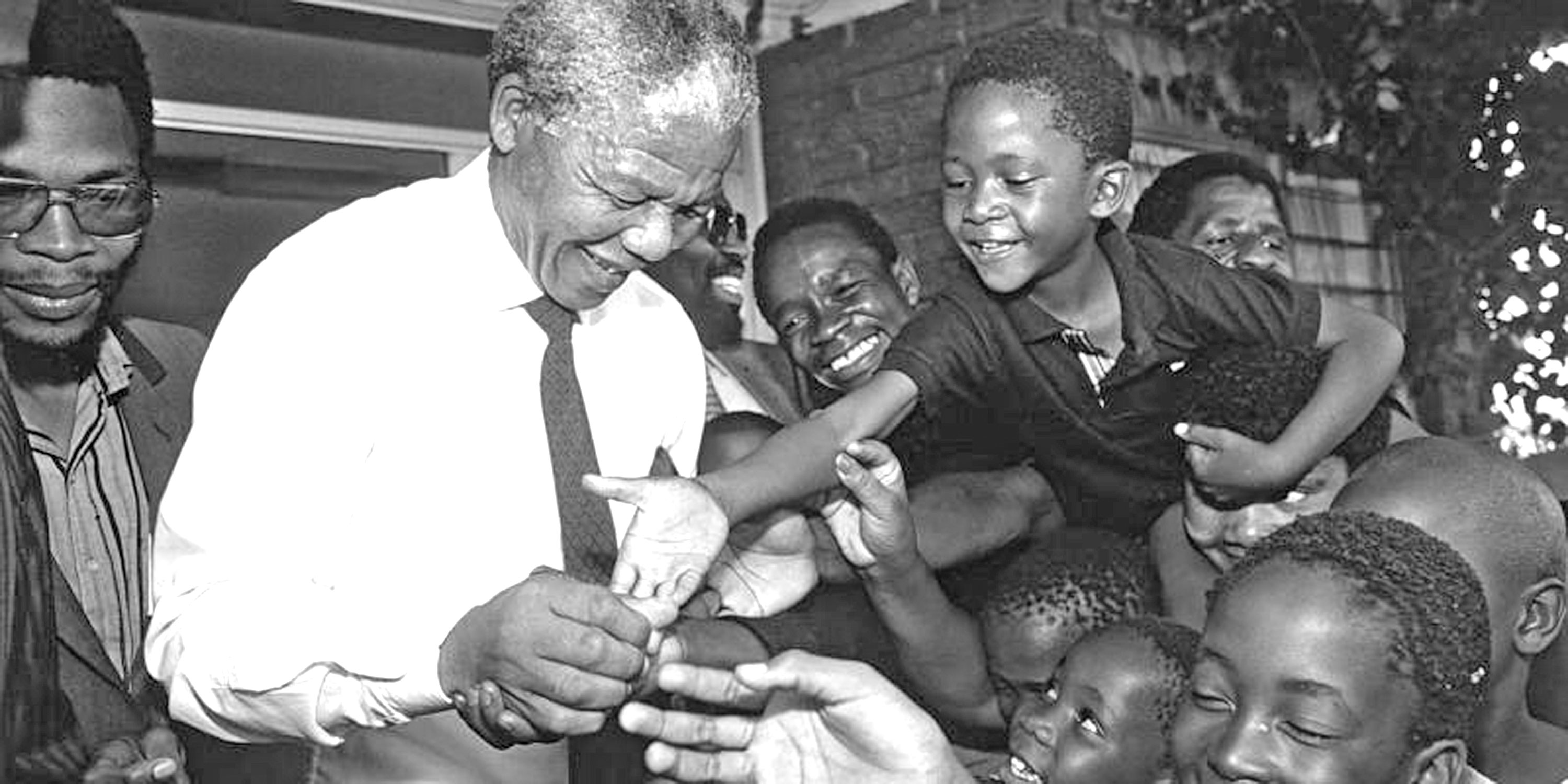
Part-1, Question-1
B. Answer the following questions.
a) How do you differentiate Mandela from other political leaders?
b) How do you explain Mandela’s lifelong struggle for humanity?
c) Why did Nadine Gordimer remark ‘He (Mandela) is at the epicenter of our time, ours in South Africa, and yours, wherever you are?’
d) What does the expression ‘Don’t call me, I’ll call you’ mean?
Answer:
a) Mandela was different from other political leaders. He had to pass a longer time in jail than almost all other leaders. He was firm to achieve his goals. He struggled all through his life.
b) Mandela is the synonym of struggle. Throughout his life he struggled to establish the rights of the black people of South Africa.
c) Nadine Gordimer’s remark indicates that he (Mandela) is a hero not only for the South Africans but also for the people of the whole globe. Through Nelson Mandela struggled for the black people of his country (South Africa), it influenced the other oppressed people far beyond his country’s borders. Thus, he became an icon of peace and reconciliation who came to embody the struggle for justice around the world.
d) The statement was delivered by Mandela when he left his public life at the age of 86. With this expression he meant that he was not leaving them totally. If it was needed, he would come forward for his black people.
e) Yes, I find a number of leadership qualities in Mandela. Firstly, he had the mentality to sacrifice himself for his beloved black people. The second quality is his firmness of character.12. Read the following text and answer the questions A and B. The years Mandela spent behind bars made him the world’s most celebrated political prisoner and a leader of mythic stature for millions of black South Africans and other oppressed people far beyond his country’s borders. Charged with capital offences in the 1963 Rivonia Trial, his statement from the dock was his political testimony. ‘During my lifetime, I have dedicated myself to this struggle of the African people. I have fought against white domination, and I have fought against black domination. I have cherished the ideal of a democratic and free society in which all persons live together in harmony and with equal opportunities,’ he told the court. ‘It is an ideal I hope to live for and to achieve. But if needs be, it is an ideal for which I am prepared to die.’ Friends adored Mandela and fondly called him ‘Madiba’, the clan name by which he was known. People lauded his humanity, kindness and dignity.
A. Choose the correct answer from the alternatives.
a) ‘Behind bars’ refers to —
i. at the back of the courts ii. in the prisons
iii. under impediments iv. in small rooms
Answer: ii. in the prisonsb) The word ‘stature’ stands for —
i. intellectual or moral greatness
ii. the height of something
iii. physical structure
iv. good reputation
Answer: i. intellectual or moral greatnessc) How did Mandela win the support of the world?
i. By dint of magic
ii. By virtue of imprisonment
iii. With his personality and stature
iv. With is honesty and simplicity
Answer: iii. With his personality and statured) ‘— it is an ideal I hope to live for and to achieve.’ What does it imply?
i. Mandela’s belief in attaining his ideal
ii. Mandela’s life is for ideology
iii. Mandela’s sacrifice for democracy
iv. All of the above answers
Answer: iv. All of the above answers